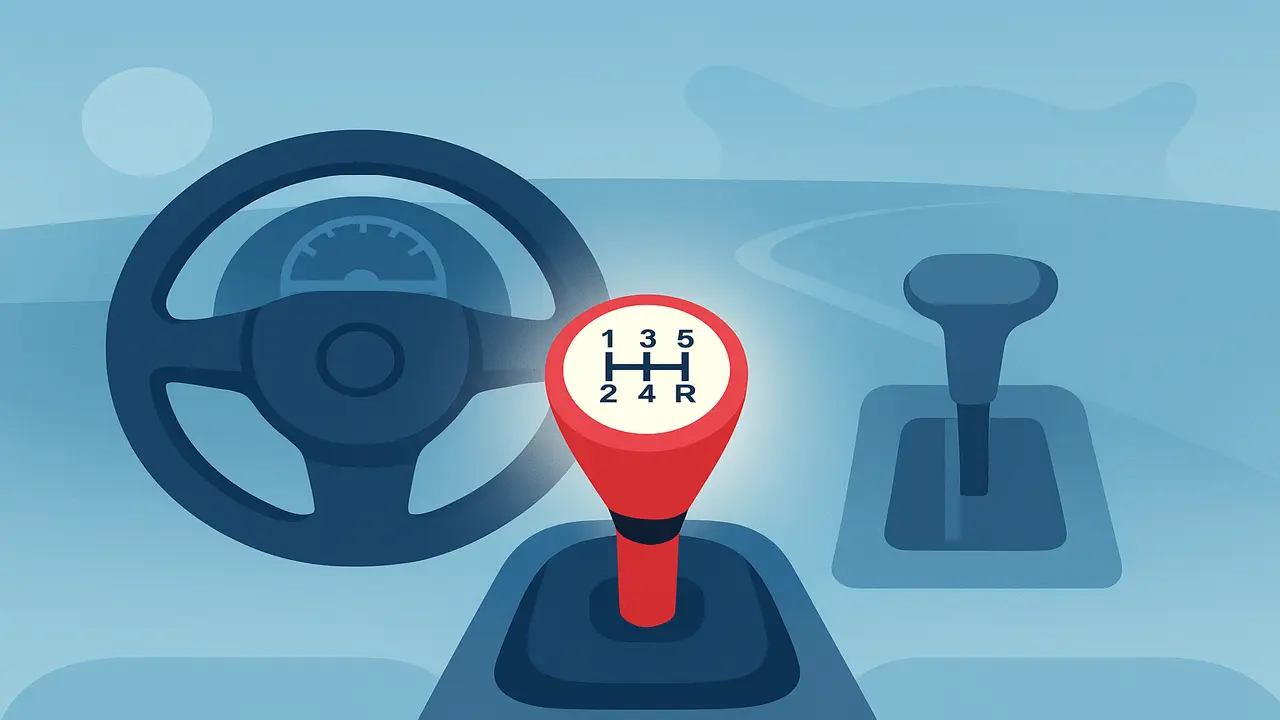At a time when automatic transmissions claim their majority stake in automotive sales, manual gearboxes continue to disappear from the average dealership lot and car company production lines. But only a select few drivers still hold a special place in their hearts for manual transmission cars despite the drop. The rationales go beyond nostalgia and include control, cost, performance, or even driving enjoyment.
A Sense of Control and Connection
One reason most commonly cited for people preferring to drive a manual is the control they have over it. With a manual transmission, the driver decides when to shift gears. This can provide a bit more control over acceleration, engine braking, and fuel economy. The result is a higher level of car driver affinity than automatics, no matter how good they usually are.
The manual gearbox makes the daily drive much more fun for enthusiast drivers. With as much attention, timing, and coordination as fiber optic internet service, the drive is no longer a chore; it is a play to be rehearsed.
Performance Improvements on Some Conditions
There are certain driving scenarios in which manuals can be more responsive too, such as on twisty roads, in hilly areas, and when driving in a performance setting on a track. Drivers can downshift for more torque or upshift early for fuel efficiency moves that automated transmissions can misinterpret or lag in.
EG, it’s good to manually put the trans in a higher gear in snow and off-road use to reduce wheel spin. Modern automatics have got much better at adapting to these when driving, but there are still drivers who have more faith in their decision-making than the car’s electronic brain.
Cost and Simplicity
Manuals are also, of course, cheaper than autos both upfront and in the long run. The fewer moving parts, the fewer things to can go wrong. Button, pops, or sticks can be from the actuator or because the hydraulics are retracting, and a clamp to replace is cheaper than a repair on a multifunction complex automatic or dual clutch system.
Also, as they are not as electronics-dependent, manual cars tend to be more reliable in the long term. This is an advantage for drivers on a budget as well as motorists who would rather handle their car’s maintenance or repairs on their own.
Theft Deterrent and Driving Discipline
One perhaps unexpected benefit of manuals, though, is their potential as a theft deterrent. In some areas, car thieves do not even want manual transmission vehicles, not even for a joyriding stint to the local car shop, because most do not know how to drive stick.
Manuals are also going to encourage a more thoughtful driving style. Drivers who are multitasking become less likely to do so when their hands and feet are occupied with driving the car. This results in increased alertness and control at the helm.
Cultural and Emotional Appeal
Then there is the sentimental value. Manual transmissions are a tradition within many families or societies. Driving stick is a rite of passage frequently handed down from a parent to a child. It’s also a defining characteristic for many classic and sports cars, and that is made manuals synonymous with raw, unfiltered driving.
Also Read
- Audi GT50 Concept: A Loud Reminder of Why Car Enthusiasts Fell in Love With Audi
- Nearly 30% of UK Drivers Believe Car Tax Should Be Based on Mileage — Survey
- Why Planes and Boats Escaped the Luxury Tax But Cars Didn’t
- Australia’s Headlight Confusion: Authorities Warn Drivers After Viral $250 Headlight Rule Goes Wild Online
- 2025 Hyundai Venue Facelift Launched in India – Full Details, Variants, and Price
